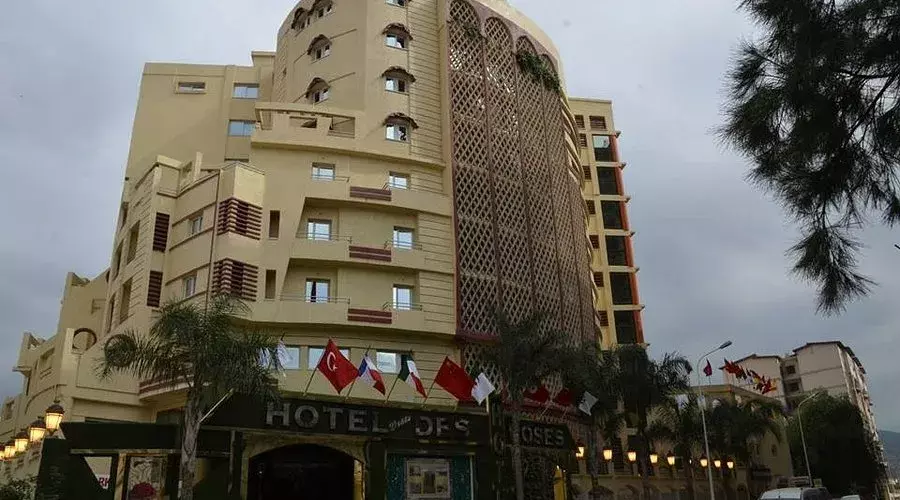
Blida (Ville des Roses)
Overall Rating: ⭐⭐⭐⭐☆ (4/5)
Rating Breakdown:
✔ Cultural Significance – ⭐⭐⭐⭐⭐ (5/5)
✔ Natural Beauty – ⭐⭐⭐⭐⭐ (5/5)
✔ Accessibility – ⭐⭐⭐☆☆ (3/5)
✔ Tourist-Friendly – ⭐⭐⭐☆☆ (3/5)
✔ Infrastructure & Amenities – ⭐⭐⭐☆☆ (3/5)
Weather
- Mediterranean climate – warm, dry summers and mild, wet winters.
Tags
- City of Roses, Cultural Hub, Natural Scenery
Timings
- City accessible year-round; specific attractions may have varying operating hours.
Time Required
- 2 – 3 days to explore the city and nearby attractions thoroughly.
Entry Fee
- No general entry fee for the city; individual attractions may have their own charges.
Things to See & Do
- Place du 1er Novembre – A central square surrounded by shops and cafes, offering a glimpse into local life.
- Gorges de la Chiffa – Scenic gorges offering stunning views and opportunities for hiking.
- Chréa National Park – A natural park located in the Atlas mountains, perfect for hiking, skiing in winter, and enjoying breathtaking mountain views.
- Patrice Lumumba Garden – A serene garden ideal for relaxation and enjoying the city's famed roses.
- Mausolée de Sidi Elkebir – A historical site of significance in the city.
Best Time to Visit
- Spring (March to May) when the city's roses are in full bloom, enhancing its beauty.
Nearest Parking Spots
- Parking available in the city center; specific attractions may have designated parking areas.
Overview
- Blida, often referred to as the "City of Roses" (Ville des Roses), is a picturesque city in northern Algeria, located approximately 45 kilometers southwest of Algiers. Nestled at the base of the Tell Atlas mountains and on the edge of the fertile Mitidja Plain, Blida is renowned for its lush gardens filled with roses, a tradition upheld by its residents.
- Place du 1er Novembre – A central hub of activity surrounded by shops and cafes.
- Mausolée de Sidi Elkebir – A site of historical and cultural significance.
- Mosquee Ben Saadoun – A notable religious site within the city.
- The city's architecture reflects a blend of traditional Algerian designs and French colonial influences, evident in its public buildings and residential structures.
- Language – Arabic and French are widely spoken; knowledge of basic French phrases can be helpful.
- Transportation – Public transport options are available; however, renting a car may offer more flexibility for exploring surrounding areas.
- Local Etiquette – Respect local customs and traditions, especially when visiting religious sites.
- Safety – Stay updated on local advisories and exercise standard precautions.
- By Road – Approximately 45 km southwest of Algiers; accessible via the N1 national highway.
- By Public Transport – Buses and trains operate between Algiers and Blida.